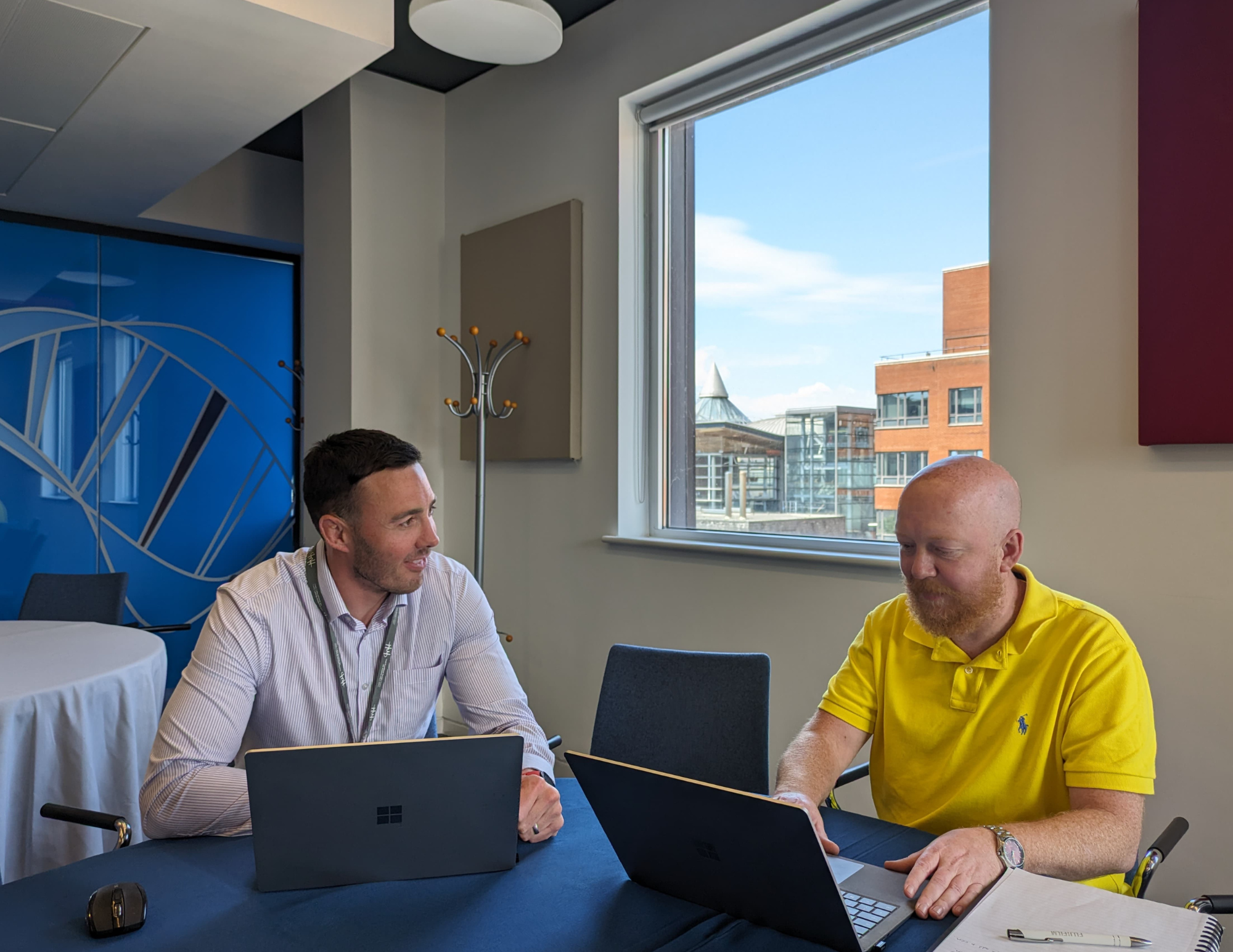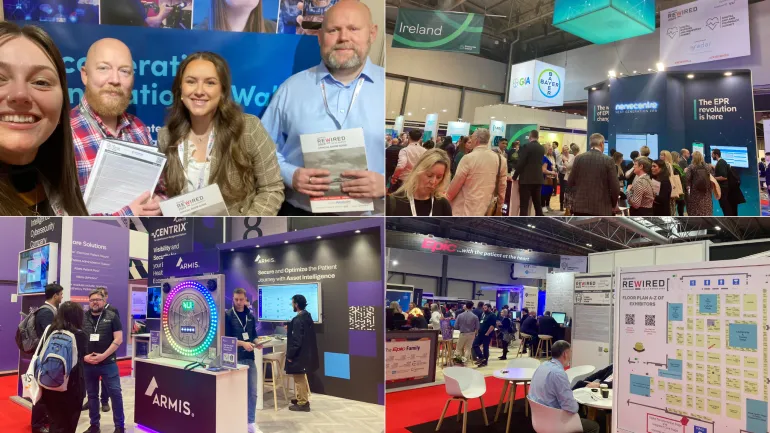Are you preparing to write a grant application but are unsure where to begin? We’ve compiled our top 10 valuable hints and tips on mastering the grant writing process. For more information and guidance please email us at fundingsupport@lshubwales.com

1. Allow ample time
Funding applications can vary in length; some may require a few pages of information while others anticipate an in-depth review of your idea through multiple complex questions. As a result, some applications may only take a few weeks, while others could take months. Regardless of the length, it is good practice to start your application as early as possible to ensure enough time for completion and accommodate any unforeseen events that could hinder your writing time. This is particularly important if your application has multiple partners.
2. Plan meticulously
Before putting pen to paper, read through the entire application paperwork and decipher what is required. If your application is submitted through an online portal, we recommend creating a template of the questions involved so you and others can easily edit and review your work.
It’s advisable to create an in-depth timeline of how you plan to proceed with the application, and delegating tasks to others can help ease the workload.
Ensure you meet the deadline date, ideally opting to submit before the deadline to avoid any issues on the day, such as power cuts or IT issues.
3. Seek early and diverse advice
We have a dedicated team of funding experts who can help advise, review, and initiate collaborations for your application. It would be beneficial to establish your network early, both within and without your organisation.
Our funding team can offer bid support by proofreading, reviewing the format, editing, revising punctuation and grammar, or assisting with interview preparation, all of which can significantly influence how your work is perceived. We advise to consult with us as soon as possible so we can help plan your way forward and support you to deliver a successful application.
4. Choose a dynamic team
It's crucial that your chosen team can deliver your ideas and that individuals are representative of your research community. Be clear on who is going to lead the application and ensure they have the resources to manage and drive the project. If required, clearly outline each person’s skills in the application, explaining why they are essential for the success of your project. Be sure to check eligibility, read the fine print on who is permitted to lead or support the application, and note any restrictions. Confirm everyone understands their role in the application and are ready to assist.
5. Tackling the questions
Questions are presented in a variety of distinctive styles, which may require short, simple answers or long, detailed explanations. To simplify, map out which questions will take the most amount of time or need complementary work, or ideas from your team.
Breaking down each question into smaller, manageable parts can guide your answer, eliminate unnecessary details, and build a solid structure for your response. Aim to make your answers clear and concise, keeping in mind the audience you are writing for. This approach will make it easier for assessors to understand what you are proposing, why it is important, and why they should fund you.
Remember, some questions require additional attachments such as costings, Gantt charts or CVs. Identify these early and notify everyone involved of their requirements.
6. Be specific
When writing your application, ensure you have clear, defined aims, objectives, and hypotheses that are reflected throughout the application. Can you address what, why, when, and how of your project? Provide a solid rationale, show ambition, demonstrate detail, but avoid jargon.
Read the application’s requirements thoroughly. Does your application fit within the scope and the work already ongoing by the organisation? Are there any key buzz words or deliverables required? Ensure your application fits within the remit of the funding organisation and avoid bending your idea to fit their criteria. It is important to avoid wasting time applying for any inappropriate schemes.
7. Tell a compelling story
Identify a problem and provide a solution. These are the key drivers behind the project you are proposing and will often be the priority questions in your application.
Funders want to understand the focus of your idea, so be compelling and hook your reader. Craft an engaging narrative, highlight key points and outcomes, and sell your idea effectively.
Provide evidence to support why you are basing your research on this idea. This evidence could be primary data you have already gathered, or secondary data from reports and studies. Whichever it is, you need to persuade the funders that their money will be used efficiently.
8. Know your surroundings
You need to be able to demonstrate that you fully understand your topic. Familiarise yourself with what other ideas are already on the market or in clinical trials, so you can explain how and why yours is superior or complementary.
Consider the impact and sustainability of your project. How will it affect the beneficiaries and the wider community? Think about how and if your project will progress after funding ceases. What are the long-term effects? Can the project sustain itself?
Whilst explaining the knowledge gap, impact, and uniqueness of your approach, it is also beneficial to acknowledge the weaknesses in your proposal. What could go wrong, and how will you identify and minimise risks? Transparency shows reviewers that you understand the limitations of your work, have considered how to address them, and are being practical about what the funding can achieve, even while being ambitious.
As part of the Sector Intelligence package at Life Sciences Hub Wales, we can provide market analysis reports to help identify where your idea sits within the current landscape, providing valuable insight for your application questions. Feel free to contact us for more information.
9. Get your sums right
Is your budget clear and justifiable? Break down all costs so funders can understand how you’re validating your budget. Seek legitimate quotations and estimates as direct evidence rather than guessing the cost of elements.
Do not forget other numbers throughout your application; these could involve research sample sizes, calculations, and statistics. Ensure your methods are credible, deliverable, and contribute to the main challenge. It is useful to have someone read over these thoroughly to ensure everything adds up correctly.
When calculating overheads, be careful to ensure they are relevant to the project and have the correct documentation for auditing. Note that some funders accept a fixed percentage for overhead costs, while others may not allow any at all.
10. Do not be afraid to engage
Engage with funders. Sign up to newsletters for regular updates or contact them directly if you have any specific questions; many funders welcome contact and provide dedicated contact details through their funding webpages. Some funders, however, expect contact prior to submission. Carefully read any guidelines and eligibility criteria before contacting them.
Our funding team have an established library of contacts across many organisations and are happy to contact anyone necessary to answer your questions. However, our knowledgeable team might already have the answers and information that you need. Contact us today for expert guidance and support fundingsupport@lshubwales.com





